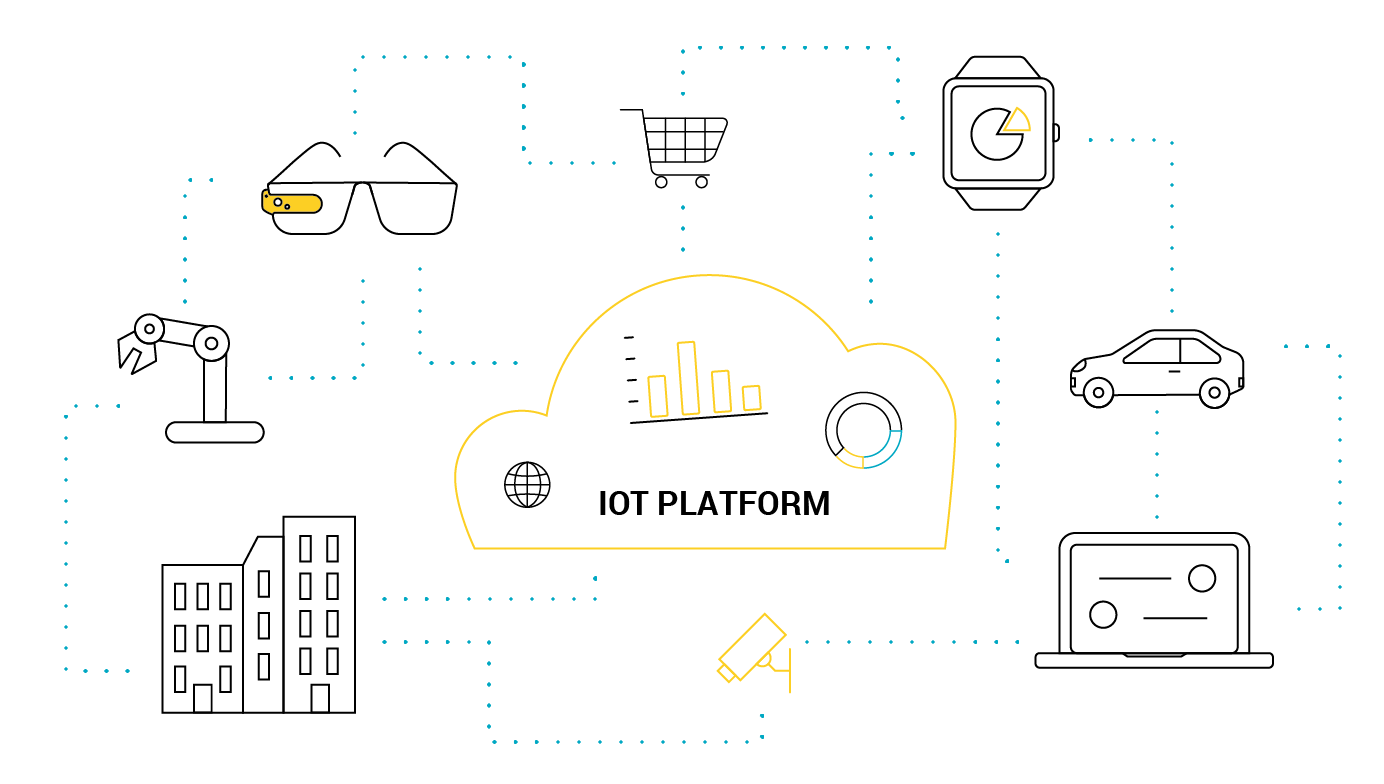Hydra Tech Insights
Stay updated with the latest in technology and gaming.
When Your Fridge Knows You Better Than Your Partner
Discover how your smart fridge knows your cravings and habits better than your partner. Is it time for a relationship upgrade?
The Smart Fridge Revolution: How Your Fridge Understands Your Habits
The emergence of the smart fridge is reshaping how we perceive our kitchen appliances. By leveraging advanced technologies such as artificial intelligence and machine learning, these innovative devices can analyze our eating habits and inventory management. For instance, a smart fridge can track what items are frequently used and recommend grocery lists based on your consumption patterns. According to a recent article by Forbes, this capability not only reduces food waste but also promotes healthier eating choices by suggesting recipes tailored to the ingredients you have on hand.
Furthermore, smart fridges are equipped with features that facilitate easy organization, such as integrated cameras that provide real-time views of your fridge contents via a mobile app. This way, you can efficiently manage your groceries without having to open the door. As highlighted in a report by NBC News, the smart fridge revolution is not just about storage; it’s about enhancing our lifestyle through technology that understands our habits, ensuring we live healthier and more organized lives.

When Technology Gets Personal: The Emotional Impact of Smart Appliances
In recent years, the integration of technology into our daily lives has taken a significant leap, particularly through the rise of smart appliances. These devices not only enhance the convenience of household chores but also evoke a personal connection with users. For instance, modern refrigerators can create grocery lists and suggest recipes based on available ingredients, making them more than just food storage units. This emotional connection can lead to increased reliance on these technologies, as they become integral to our decision-making processes and daily routines. As reported by Forbes, consumers are finding joy and comfort in personalized interactions with their appliances, helping to create a sense of companionship in an increasingly digital world.
Moreover, smart appliances often include features that cater to individual preferences, enhancing the overall user experience. Devices like voice-activated assistants integrated into kitchens or living spaces can respond to your commands, providing not just utility but a form of emotional support. The ability to control your environment with simple voice commands or automate repetitive tasks gives users a heightened sense of autonomy and control. This phenomenon is discussed in detail by Wired, highlighting how the emotional impact of smart technology can transform our relationship with our surroundings, making homes not just smarter, but also more emotionally resonant.
Is Your Fridge a Better Listener? Exploring the Intimacy of Smart Kitchen Devices
In today's fast-paced world, the concept of smart kitchen devices has taken on a new meaning, especially when we consider their ability to enhance our daily lives. From smart refrigerators that can track your groceries to ovens that adjust cooking times based on your meal preferences, these gadgets offer unprecedented convenience. As we explore the intimacy of these devices, one has to wonder: is your fridge a better listener than your partner? According to Smart Kitchen, these devices do more than just perform tasks—they create a responsive environment tailored to your needs.
The emotional connection that consumers feel towards their kitchen technology is becoming increasingly significant. While traditional appliances operate on simple commands, smart appliances are designed to learn from our habits, offering reminders and notifications that feel almost personal. For example, a smart fridge can alert you when your favorite foods are running low, contributing to a level of attentiveness that goes beyond mere functionality. As noted in a Forbes article, this unique interaction fosters a deep sense of familiarity, making us question whether these gadgets could genuinely be more tuned into our routines than the people around us.